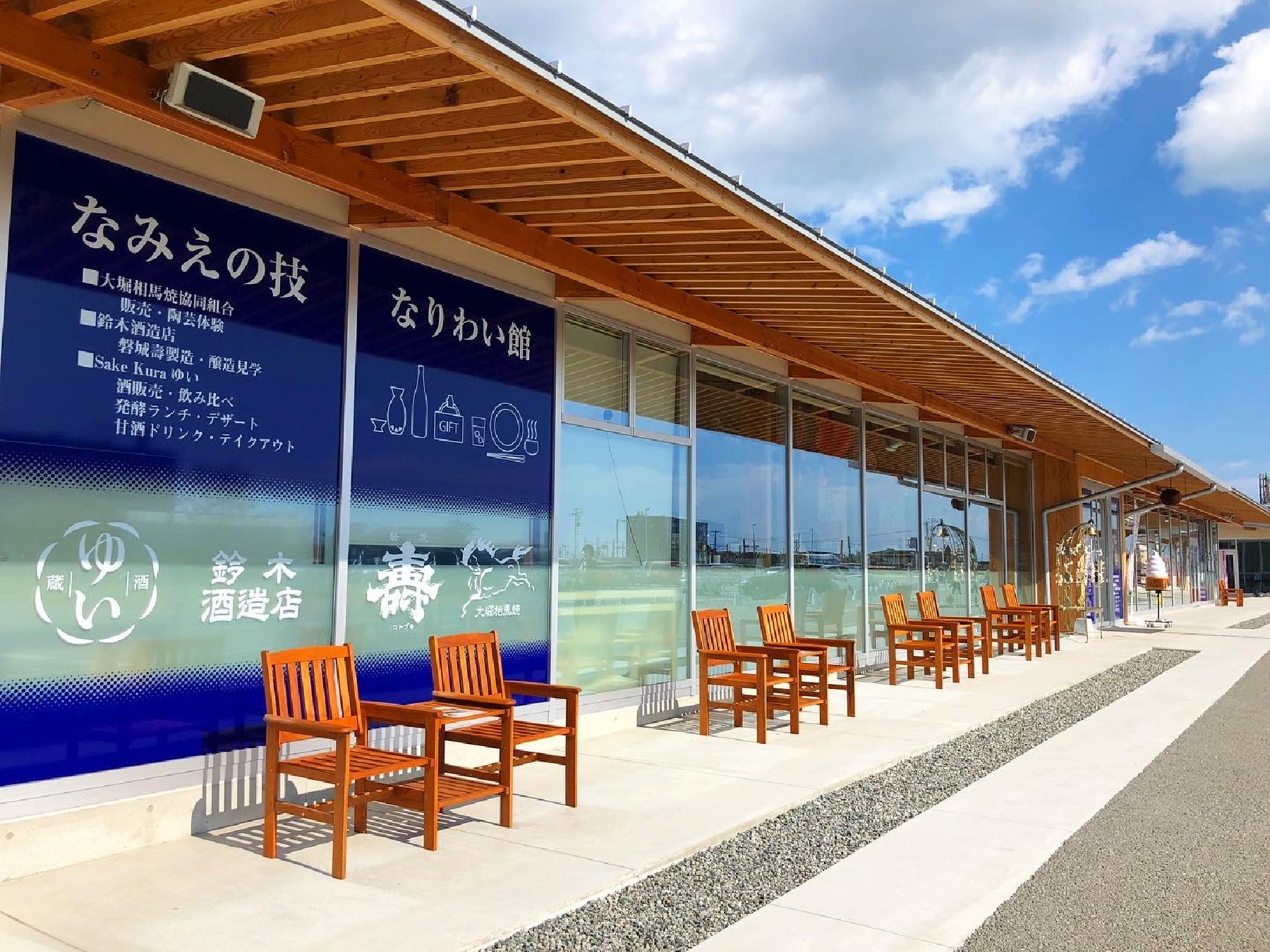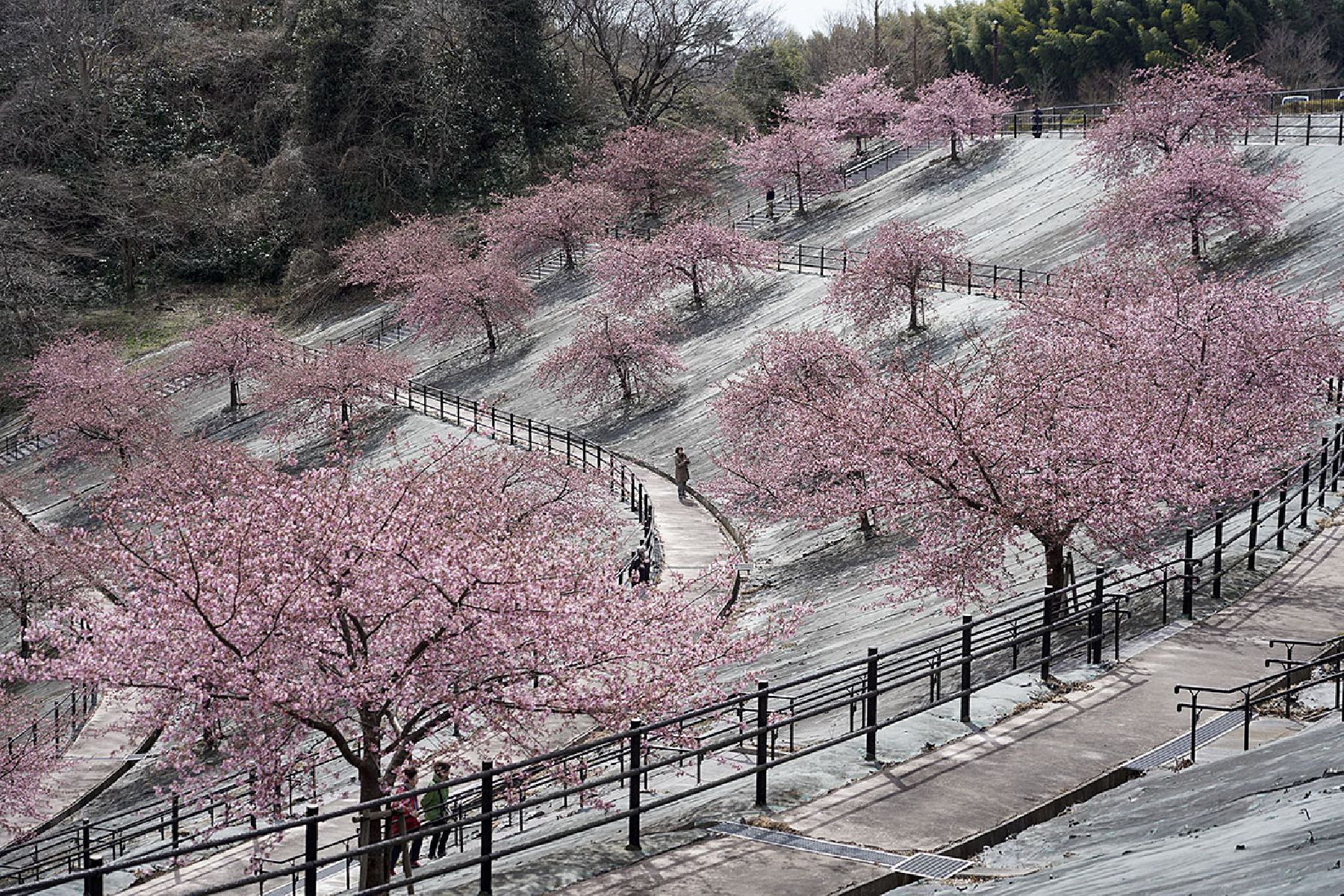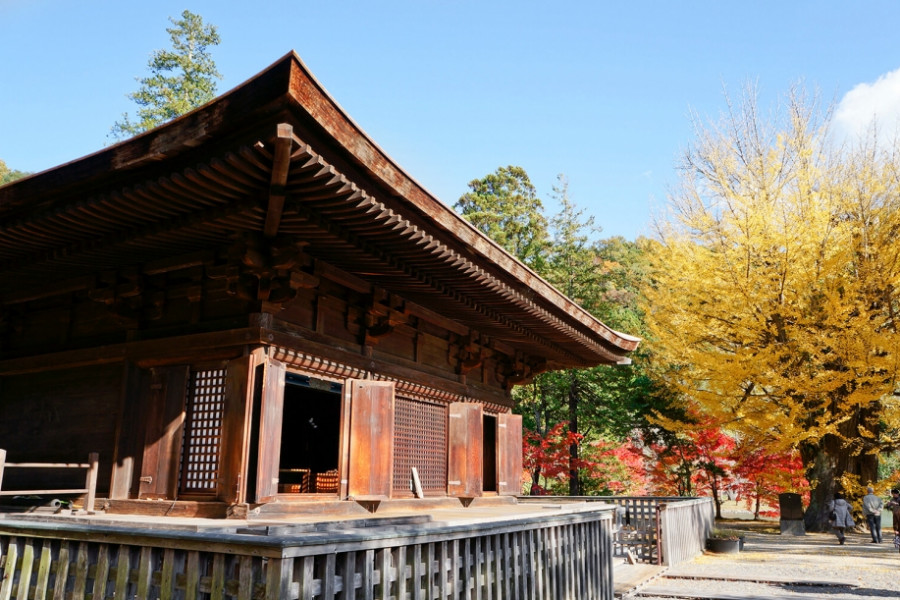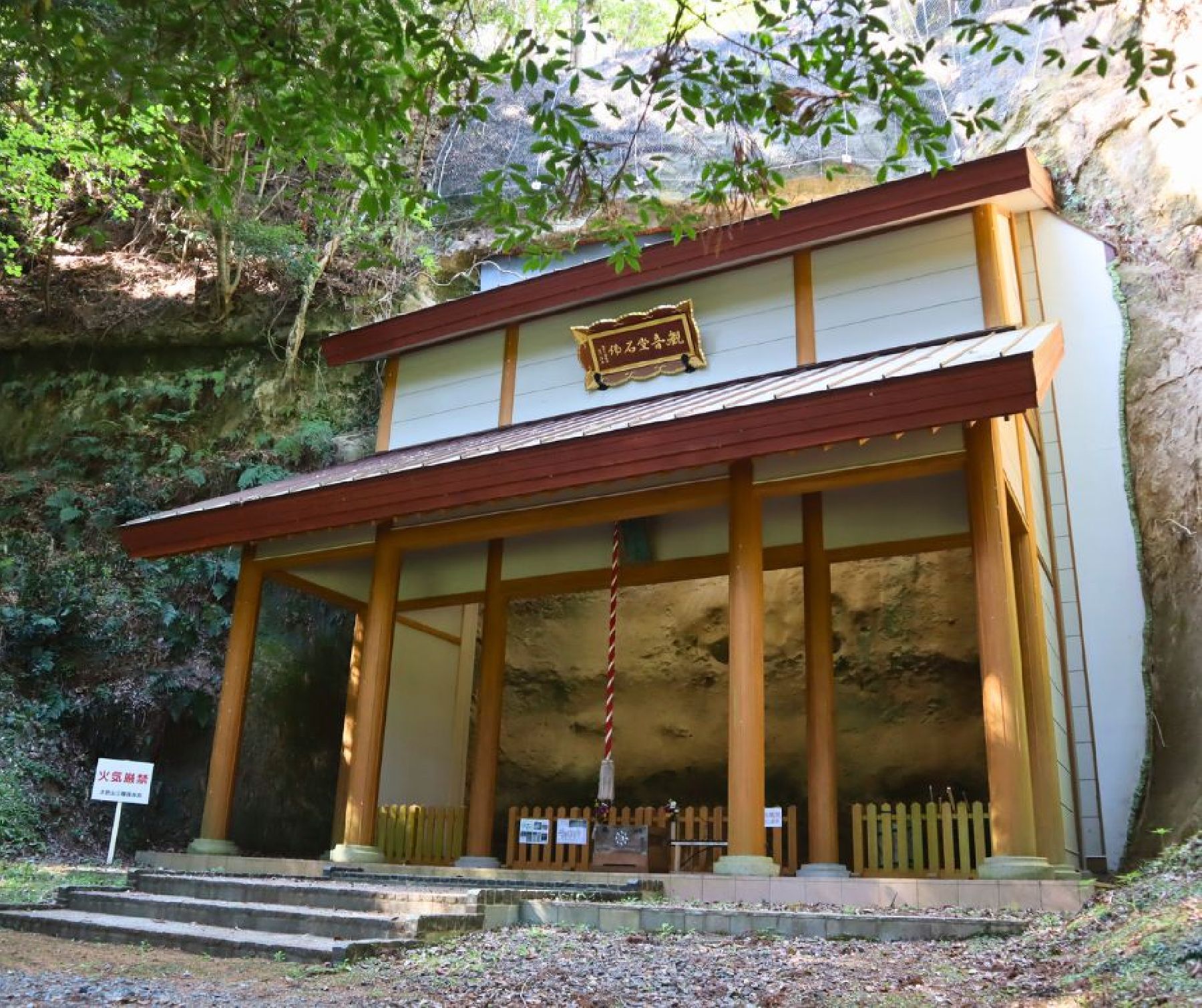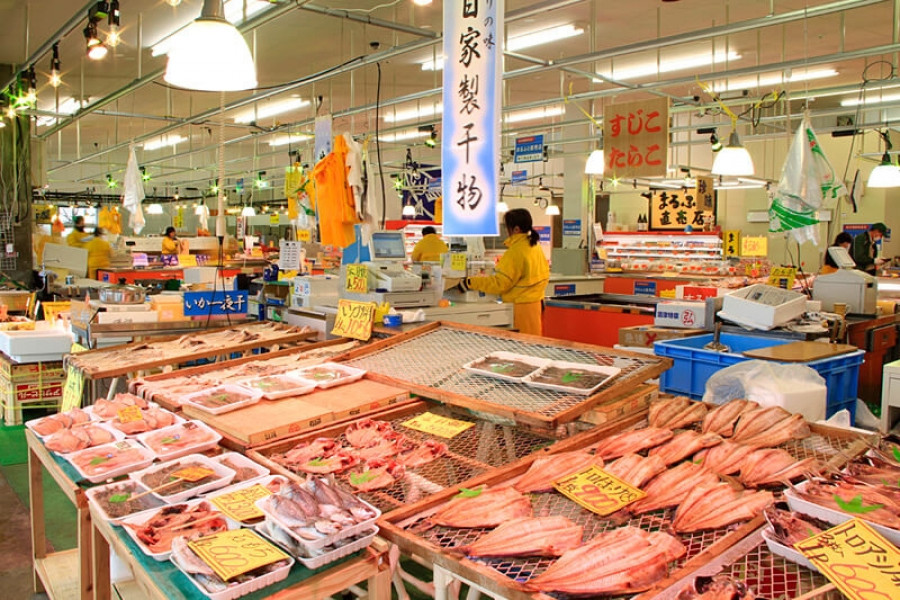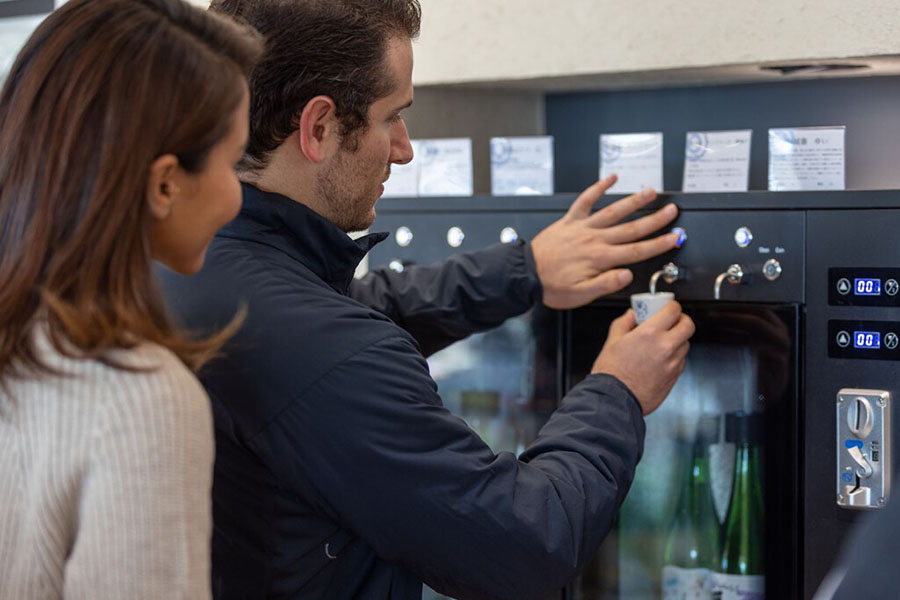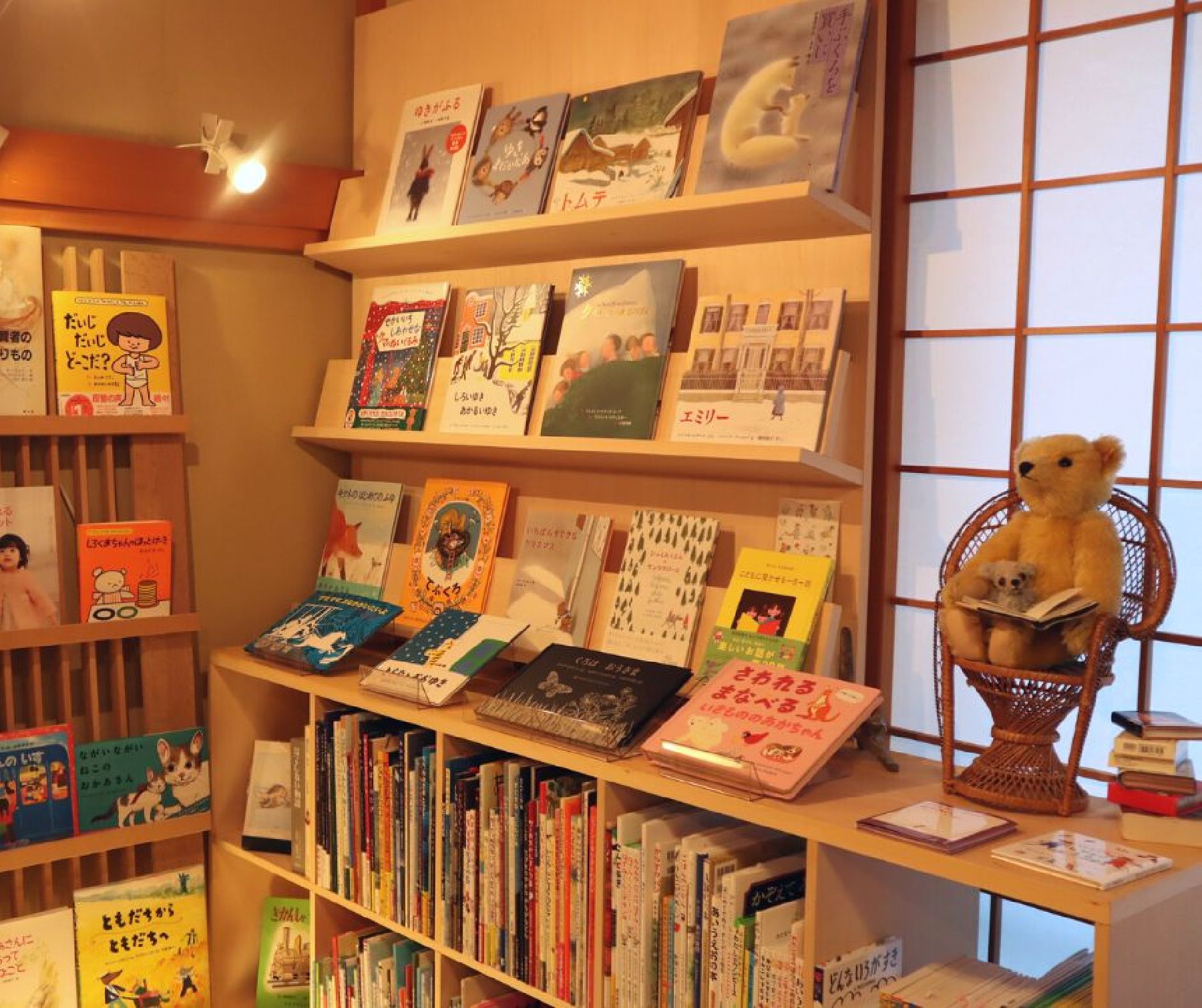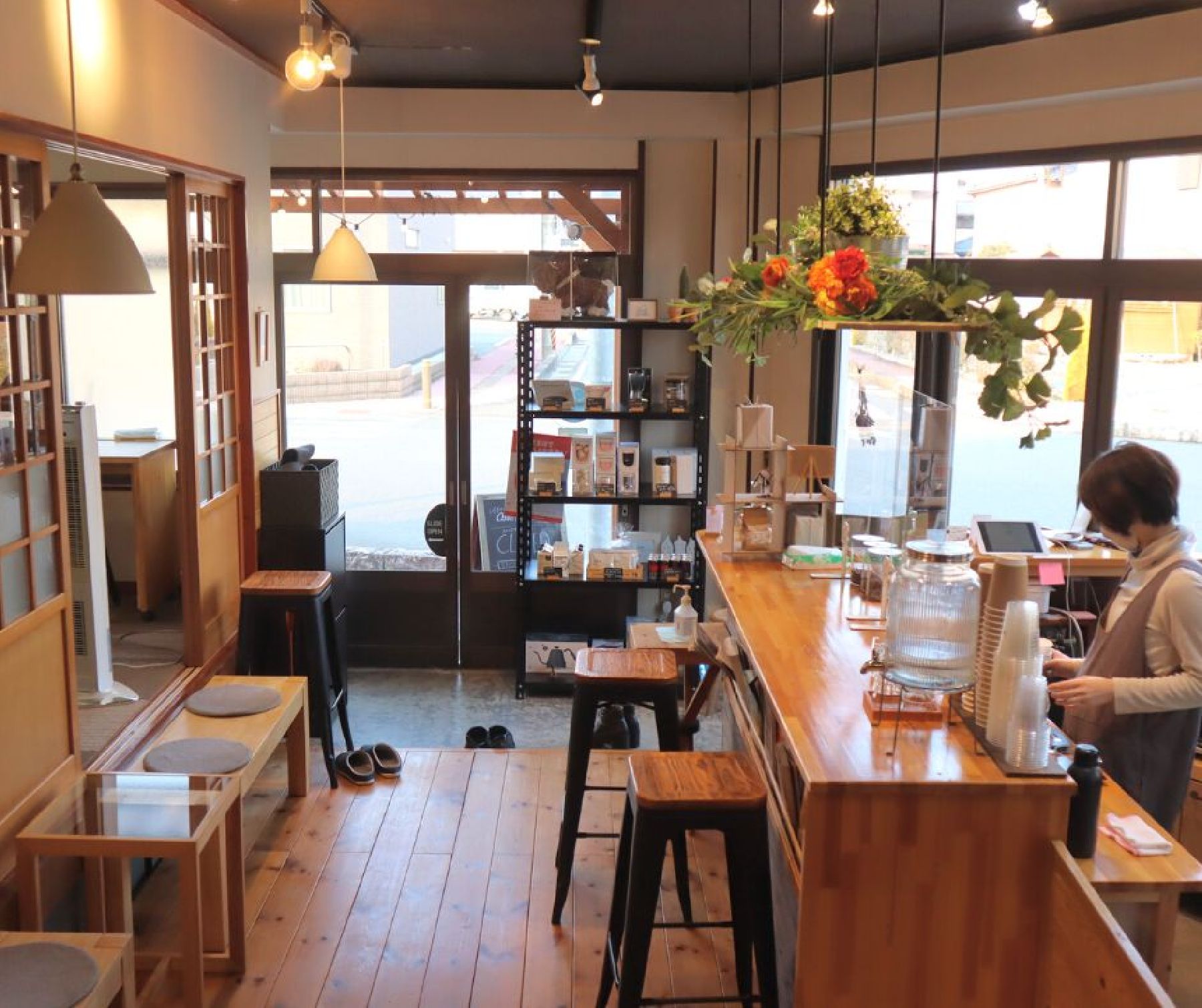
Odaka Micro Stand Bar (OMSB)
Odaka Micro Stand Bar (OMSB, “omusubi”) is a cafe located near the JR Odaka Station (小高駅) in Minamisoma City, in the coastal area of Fukushima prefecture.This narrow but charming coffee house is popular among visitors and residents, who gather to indulge in its pastries and freshly brewed coffee. Odaka is an area that saw its population decrease to zero for several years while the evacuation order was in place following the nuclear accident.Mr. Takashi Moriyama, a young IT specialist and entrepreneur, decided to open a kitchen car cafe in front of the JR Odaka Station in 2016, after the evacuation order was lifted in the area, to serve returning residents.Mr. Moriyama knew he wanted to play a part in revitalizing Odaka. At the time, there weren’t many other stores or businesses open in the area. He decided to launch a crowdfunding campaign to open a cafe, bakery and coworking space.The campaign raised the necessary funds, and Odaka Micro Stand Bar, the cafe that he envisioned, finally opened to the public. The coworking space and offices on the first and second floor have also opened. OMSB also hosts programming lessons and IT literacy seminars for senior residents in the area.So, more than only a cafe, OMSB is a place where the community comes together, bridging the old and the new.Odaka Micro Stand Bar serves coffee, sandwiches, pastries, matcha and more. We recommend enjoying their rich hot chocolate on a winter afternoon.
